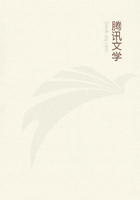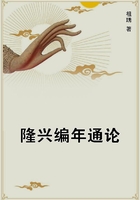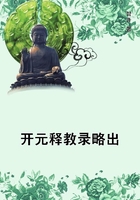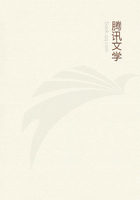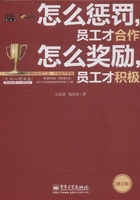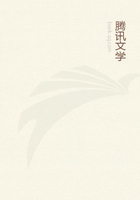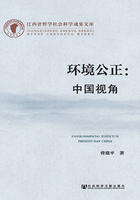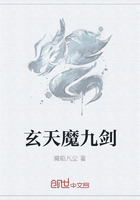This somewhat idealized and diagrammatic outline of the development and nature of domestic service comes nearest being true for that cultural stage which was here been named the "quasi-peaceable" stage of industry. At this stage personal service first rises to the position of an economic institution, and it is at this stage that it occupies the largest place in the community's scheme of life. In the cultural sequence, the quasi猵eaceable stage follows the predatory stage proper, the two being successive phases of barbarian life. Its characteristic feature is a formal observance of peace and order, at the same time that life at this stage still has too much of coercion and class antagonism to be called peaceable in the full sense of the word. For many purposes, and from another point of view than the economic one, it might as well be named the stage of status. The method of human relation during this stage, and the spiritual attitude of men at this level of culture, is well summed up under the term. But as a descriptive term to characterise the prevailing methods of industry, as well as to indicate the trend of industrial development at this point in economic evolution, the term "quasi-peaceable" seems preferable. So far as concerns the communities of the Western culture, this phase of economic development probably lies in the past; except for a numerically small though very conspicuous fraction of the community in whom the habits of thought peculiar to the barbarian culture have suffered but a relatively slight disintegration.
Personal service is still an element of great economic importance, especially as regards the distribution and consumption of goods; but its relative importance even in this direction is no doubt less than it once was. The best development of this vicarious leisure lies in the past rather than in the present; and its best expression in the present is to be found in the scheme of life of the upper leisure class. To this class the modern culture owes much in the way of the conservation of traditions, usages, and habits of thought which belong on a more archaic cultural plane, so far as regards their widest acceptance and their most effective development.
In the modern industrial communities the mechanical contrivances available for the comfort and convenience of everyday life are highly developed. So much so that body servants, or, indeed, domestic servants of any kind, would now scarcely be employed by anybody except on the ground of a canon of reputability carried over by tradition from earlier usage. The only exception would be servants employed to attend on the persons of the infirm and the feeble-minded. But such servants properly come under the head of trained nurses rather than under that of domestic servants, and they are, therefore, an apparent rather than a real exception to the rule.
The proximate reason for keeping domestic servants, for instance, in the moderately well-to-do household of to-day, is (ostensibly) that the members of the household are unable without discomfort to compass the work required by such a modern establishment. And the reason for their being unable to accomplish it is (1) that they have too many "social duties", and (2) that the work to be done is too severe and that there is too much of it. These two reasons may be restated as follows: (1)
Under the mandatory code of decency, the time and effort of the members of such a household are required to be ostensibly all spent in a performance of conspicuous leisure, in the way of calls, drives, clubs, sewing-circles, sports, charity organisations, and other like social functions. Those persons whose time and energy are employed in these matters privately avow that all these observances, as well as the incidental attention to dress and other conspicuous consumption, are very irksome but altogether unavoidable. (2) Under the requirement of conspicuous consumption of goods, the apparatus of living has grown so elaborate and cumbrous, in the way of dwellings, furniture, bric-a-brac, wardrobe and meals, that the consumers of these things cannot make way with them in the required manner without help. Personal contact with the hired persons whose aid is called in to fulfil the routine of decency is commonly distasteful to the occupants of the house, but their presence is endured and paid for, in order to delegate to them a share in this onerous consumption of household goods. The presence of domestic servants, and of the special class of body servants in an eminent degree, is a concession of physical comfort to the moral need of pecuniary decency.
The largest manifestation of vicarious leisure in modern life is made up of what are called domestic duties. These duties are fast becoming a species of services performed, not so much for the individual behoof of the head of the household as for the reputability of the household taken as a corporate unit -- a group of which the housewife is a member on a footing of ostensible equality. As fast as the household for which they are performed departs from its archaic basis of ownership-marriage, these household duties of course tend to fall out of the category of vicarious leisure in the original sense; except so far as they are performed by hired servants. That is to say, since vicarious leisure is possible only on a basis of status or of hired service, the disappearance of the relation of status from human intercourse at any point carries with it the disappearance of vicarious leisure so far as regards that much of life. But it is to be added, in qualification of this qualification, that so long as the household subsists, even with a divided head, this class of non-productive labour performed for the sake of the household reputability must still be classed as vicarious leisure, although in a slightly altered sense. It is now leisure performed for the quasi-personal corporate household, instead of, as formerly, for the proprietary head of the household.

